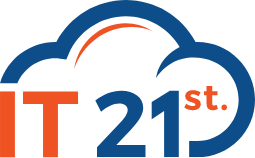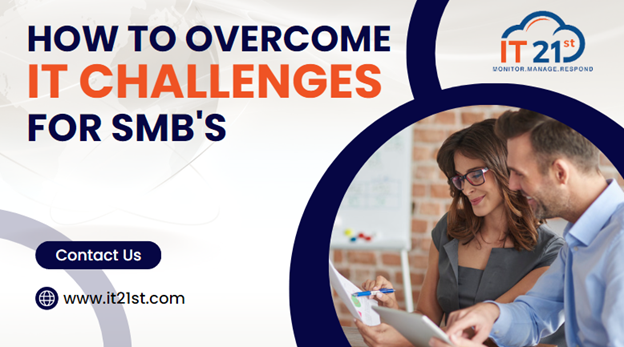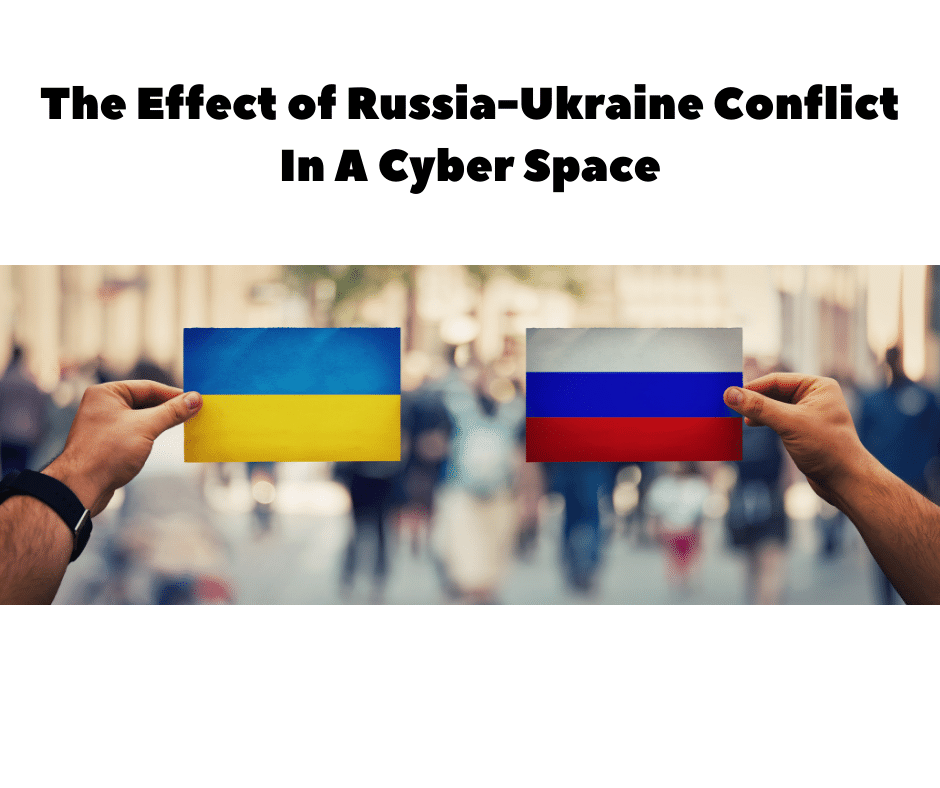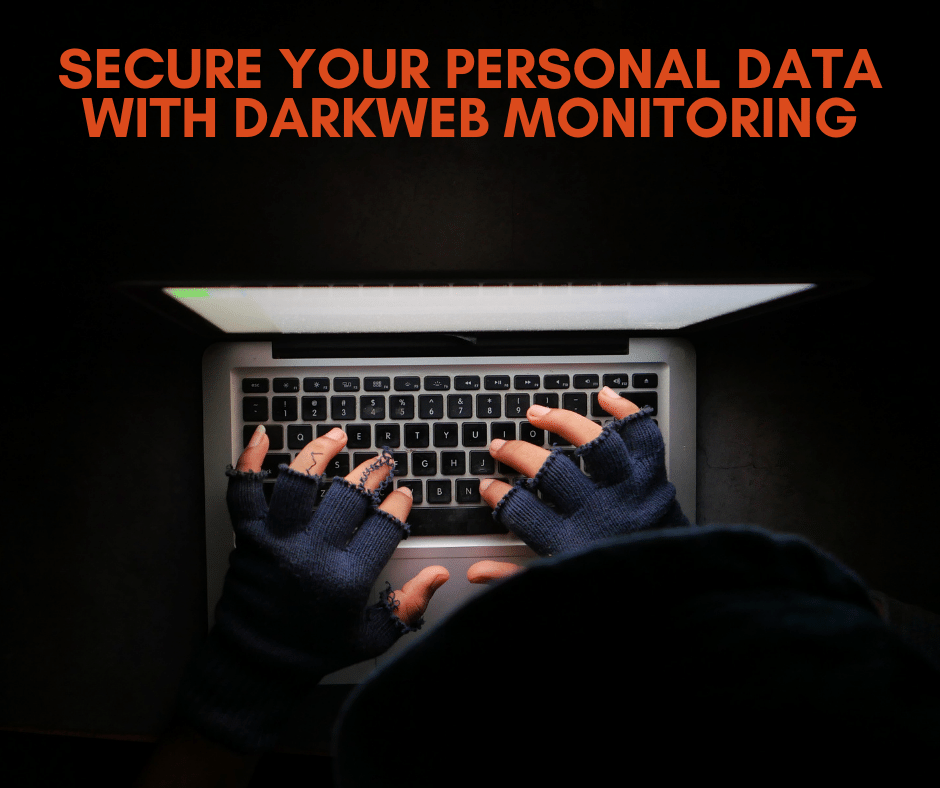
A VPN or a virtual private network, creates a secure tunnel between your device and the websites or the server to connect securely over the internet. Once you’ve established your PC’s connection to a VPN server, your computer acts as if it’s using the same local connection as the VPN. As far as websites are concerned, you’re browsing from that server’s geographical location and not your PC’s actual location.
When you surf the web through a VPN, all the data transmitted and received is also encrypted, preventing anyone, from hackers to government agencies (supposedly, because they have very powerful technologies) from monitoring your online activities. VPNs are great for when you’re out and about, using Wi-Fi networks that aren’t your own. At the same time if you are connecting to the office network you should have a VPN connection. But at home, a VPN can help protect your privacy and may let you access streaming content that would be otherwise unavailable.
Outside your home, it’s hard to tell which networks you encounter are safe. If you’re at a coffee shop, for example, how can you tell which Wi-Fi network is legitimate? Unless the SSID is posted somewhere, you’re just going to have to guess. Clever bad guys will set up access points with familiar names, hoping to trick people into connecting. Once victims are online, the bad guy does a man-in-the-middle attack, intercepting all the information victims send and receive. This includes a lot of mundane stuff, to be sure, but it can also include bank accounts, login information, and worse.
An attacker doesn’t even need to trick you, they just need to trick your phone or computer. Most devices are configured to reconnect to familiar networks by default. But if an attacker uses the same name of a popular Wi-Fi network—think Starbucks or other Hotspots —your devices may automatically connect, even without your knowledge. This is easier than you think, since many businesses have easily guessed Wi-Fi network names and passwords.
For the most part, we can be assured that our home networks are safe.
VPNs are also useful for accessing geo-restricted websites. If you’re traveling abroad and certain US websites are blocked in that region, you can connect to a VPN located in the United States to access the sites you need.
Given the increasing demand for secure online privacy, VPNs are surging in popularity.
The following considerations can help you find the right one.
1. Cost
While free VPNs are available, it’s best to avoid them as they could keep logs of your internet activity. In some cases, data collected by free VPNs are sold to data brokers or worse, cybercriminals. Additionally, maintaining a VPN service is also expensive, which means the free ones will likely plaster ads on your browser to make a quick buck.
Paid VPNs often come with more robust features and configurations that keep you secure. Prices differ depending on a VPN’s features and subscription length (or licensing for work from your router firewall manufacturer), and how you pay is also important. Some VPNs offer anonymous payment systems like Bitcoin, while others allow you to use gift cards to avoid giving out your personal information.
2. Location
The physical location of VPN servers is important if you want to access region-blocked websites. So if you’re planning on accessing a UK-based service, your VPN provider must at least have servers located in London.
3. Capacity
Read through a VPN provider’s terms of service to determine how much data you’re allowed to use. If possible, find out how many servers a VPN provider has. If they have plenty of servers online, you can rest assured that they have the capacity to support your internet browsing.
4. Device compatibility
Another important factor to consider is whether the VPN can be used across multiple devices. Nowadays, employees work on laptops, tablets, and smartphones, so you’ll want a VPN that’s compatible with various types of devices.
VPNs are now a vital component of cybersecurity, and if you need help in selecting the right one for your business, consult with our security experts today. We also offer comprehensive cybersecurity services so no hacker or third party can get their hands on your data. For additional information or to have your question featured in a future column,



